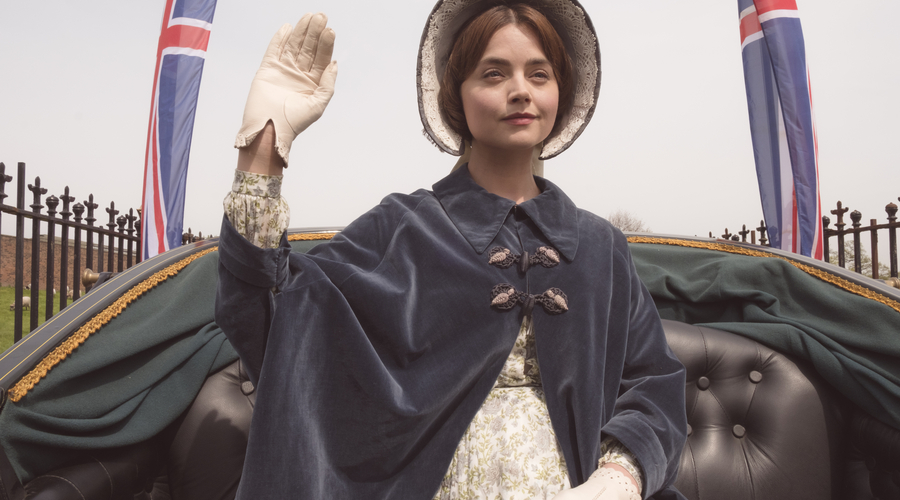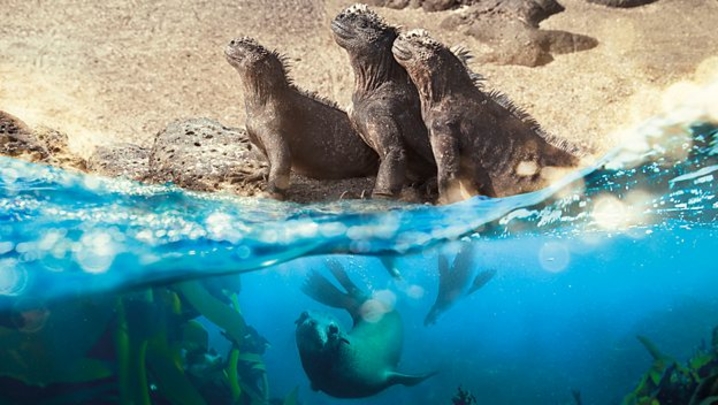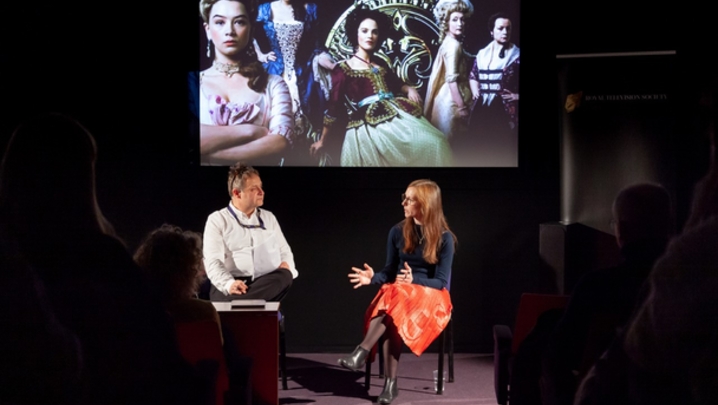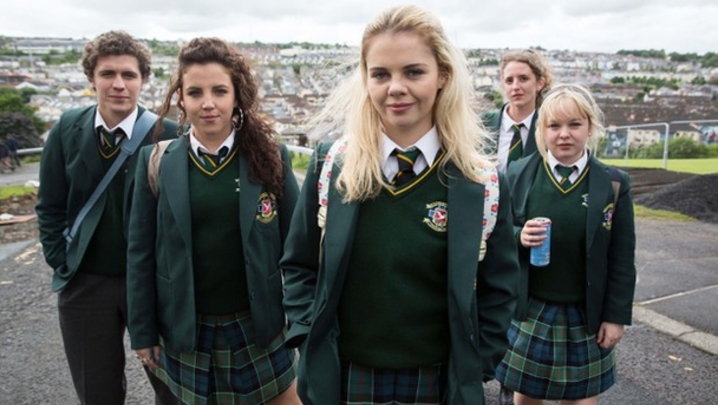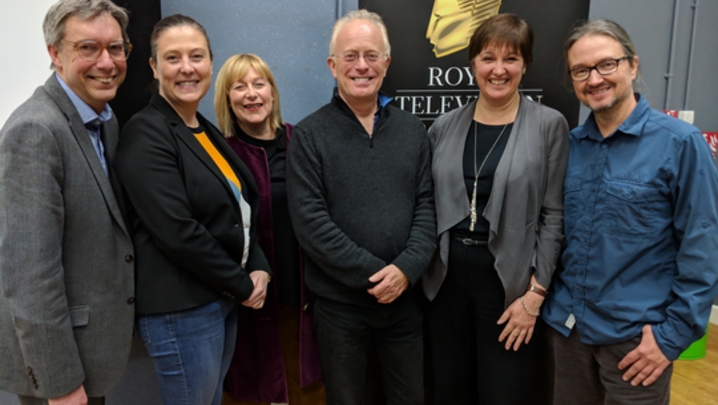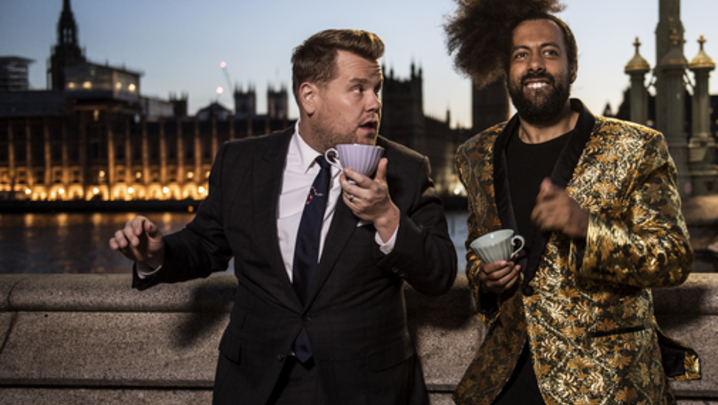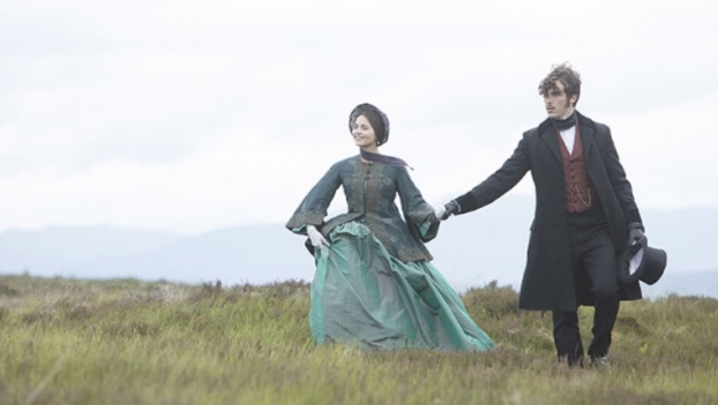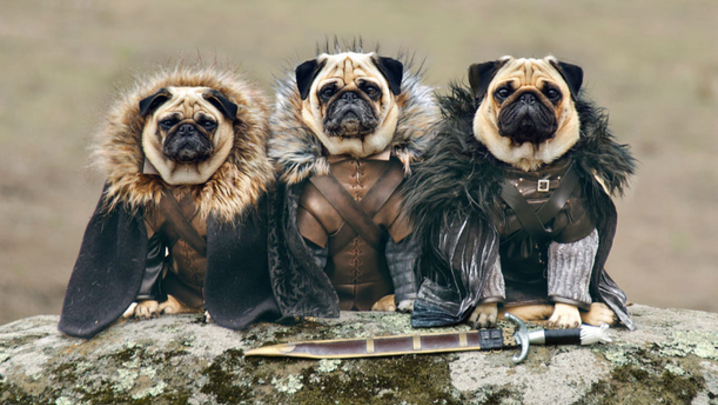Are we ready for UHD? asked the first London Centre session of the autumn season, referring to ultra high-definition TV, the next leap forward from HD in picture and sound quality
The Digital TV Group, the cross-industry organisation that defines how technology delivers digital TV in the UK, hosted the event at the end of September.
It boasted a panel chaired by DTG Chief Executive Richard Lindsay-Davies; and featuring Nigel Walley, MD of consultancy Decipher; Andy Quested, head of technology, BBC HD and Ultra-HD; and Tom Griffiths, director of broadcast and distribution technology at ITV.
“No” was Walley’s answer. Ultra-HD will inevitably be the standard for next-generation television, he said, but currently the consumer faces chaos in the TV market.
“They don’t know what they’re getting,” said Walley. “Many of the [sets] are not able to work with the specifications for Ultra-HD, so [customers] think they’re buying a future-proof screen, only to get home and find out it’s anything but,” said Walley.
Quested agreed that Ultra-HD should be about more than simply offering 4K resolution. “Ultra-HD is about a better consumer experience, getting closer to delivering the full artistic intent of the programme’s producer,” he said.
The BBC technologist listed five Ultra-HD components needed to achieve this aim. Resolution is one, he said, but so are enhanced colour, using wide colour gamut; high dynamic range to improve the quality of picture delivered to the TV set; frame rates specific to the type of content; and enhanced 5.1 sound.
“Those five things make the full Ultra-HD experience,” said Quested. The problem, he added, was the rush of manufacturers to sell 4K sets before all these components were in place.
“It took 20 years for HD to go from the ratification of the standard to the first ever transmission. With Ultra-HD it was less than six months,” he said.
Griffiths agreed, “There’s a whole generation of people who’ve been sold sets that don’t work unless you have the right HDMI [high-definition multimedia interface) ports and content protection – more and more sets will only be partly along the journey to full Ultra-HD compliance,” he said. Meanwhile, broadcasters are implementing full Ultra-HD when they shoot premium series.
Griffiths cited the example of ITV’s Victoria, which has been shot with an Ultra-HD camera. “It’s important to start capturing [shows] with all the right Ultra-HD elements to future-proof such programmes,” he said.
Quested revealed that BBC’ One’s new series, Planet Earth II, which has been four years in the making, has all the Ultra-HD elements.
There was a final question at the RTS event: How many of the TV sets being sold as 4K/Ultra-HD will be able to receive the full Ultra-HD experience of Planet Earth II? Just 5% seemed to be the best estimate.
The session ended with a majority in the audience voting, “No, we’re not ready for Ultra-HD.”

